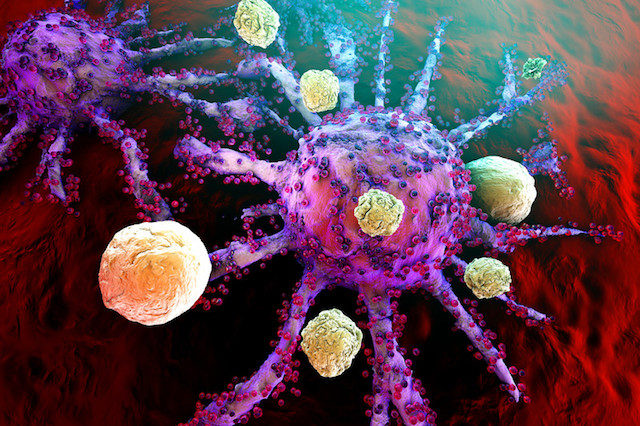The face of cancer treatment is rapidly changing as scientists learn more and more about the challenging disease. CHIPSA Hospital in Tijuana, Mexico is on the forefront of these changes, oftentimes offering groundbreaking treatments way before they’re available anywhere else.
The integrative cancer treatment center recently released its 2019 mid-year review which contained several of its brand new cutting-edge treatments.
The hospital describes itself as being “integrative,” which means it combines the best of all available treatment types, including both conventional and what are considered more “alternative” therapies. “The CHIPSA Approach™ has been a simple one,” the hospital said. “Forget our ego and preconceived notions of what works in treating cancer, and be open to all possibilities. This includes considering both natural and man-made medications for the treatment of what is now considered incurable stage 4 cancer.”

The hospital that is now CHIPSA has been operating for nearly 40 years offering patients the renowned Gerson Method. After being closed for two years in 2013, the hospital reopened its doors and reinvigorated its therapies. Although they kept some of the original staff, they also brought on a group of new doctors and scientists who strive to evolve alongside the newest scientific developments in cancer treatment. CHIPSA has had great success utilizing the natural Gerson regimen, but they believe that new treatments will make them capable of much more. “In many cases, natural therapies are simply not enough. We have seen amazing results in patients who adhere to natural therapies, but we simply aren’t satisfied with those results alone.”
In fact, CHIPSA recently hired an award-winning oncologist from MD Anderson Cancer Center. Bringing in a doctor from the conventional world is unprecedented for an integrative hospital, but CHIPSA isn’t a typical hospital. The decision portrayed their commitment to utilizing all available methods of healing to tackle the complicated nature of malignant disease. “It signaled a change of tide in our relentless pursuit to offer the best treatments possible for our patients,” they said.
CHIPSA’s Latest Developments
Apatone
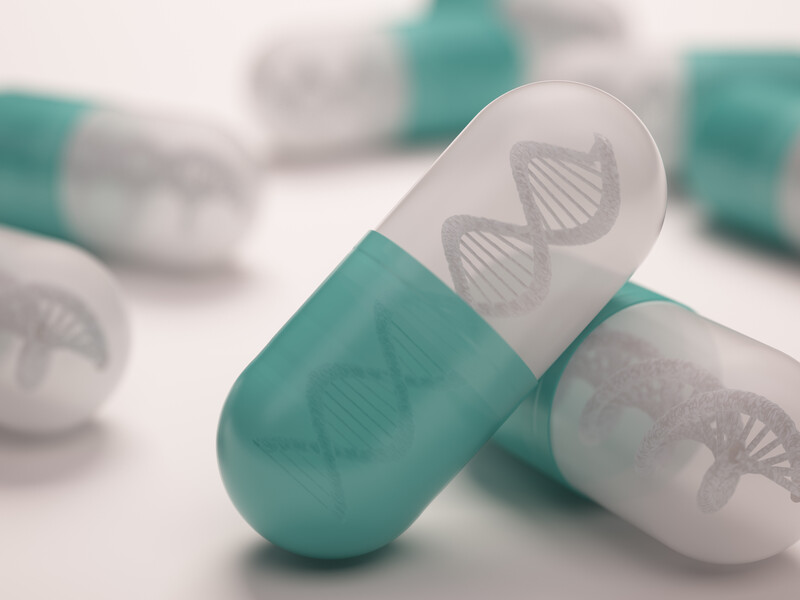
One major win for CHIPSA in the past year was their ability to offer Apatone to patients all over the world. Apatone is a supplemental combination with the amazing potential to increase the efficacy of chemotherapy without toxic side effects. Some studies have shown this supplement to increase the strength of chemotherapy by over 600%. Although Apatone went through a phase 1 FDA trial in 2006, lack of funds kept it from moving onto the next process for market approval.
After 16 months of working and researching, CHIPSA was able to get Apatone approved as a supplement in Mexico through the distributor UnoMedica.
ValloVax & Immunopheresis Trials
In March, CHIPSA ended its trial with Vallovax. They were able to treat 250 patients at absolutely no cost to them. In the United States, a trial like this would have cost over 25 million dollars.
The ValloVax trial was such a success that CHIPSA was able to offer another trial with a breakthrough cancer treatment device. CHIPSA was the first hospital to host the pre-clinical trial of the drug called Immunopheresis. Trials utilizing that device are now ongoing in both Europe and Israel as well. CHIPSA is still offering this trial for triple-negative breast cancer patients.
CHIPSA’s Custom Cellular Therapy Program
CHIPSA has an entire customized cellular therapy program that allows doctors to tailor therapies specifically to treat each patient’s disease.
Coley’s CPG
Their new Coley’s CPG is made of a very strong stimulator of the innate immune system. Data and experience from their 22 years of using Coley’s fluid has allowed them to create a composition that maximizes tumor cell death and increases the immune response.
DC-Max
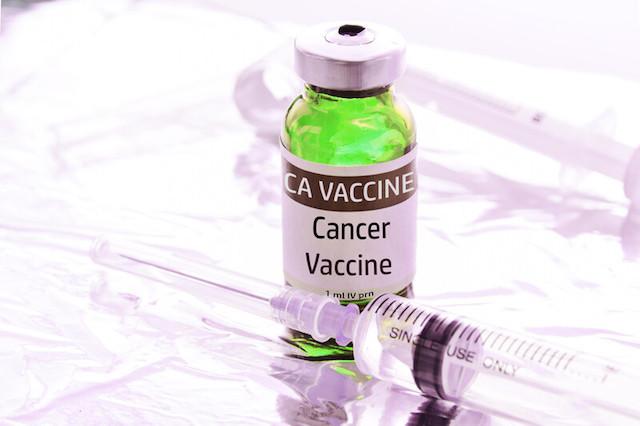
The hospital also announced their new dendritic cell therapy, DC-Max. The drug is created from lab-grown dendritic cells that are later re-infused into the patient. The process creates a “danger signal” in the cancer cell and allows the dendritic cell to present the tumor antigen to the t-cell in the hopes of obtaining a lasting, durable remission. The first U.S. FDA-approved dendritic cell therapy is known as Provenge, which came out in 2011. In the U.S., it costs around $94,000 for a three week treatment, so most patients cannot afford to utilize it.
TL-Max
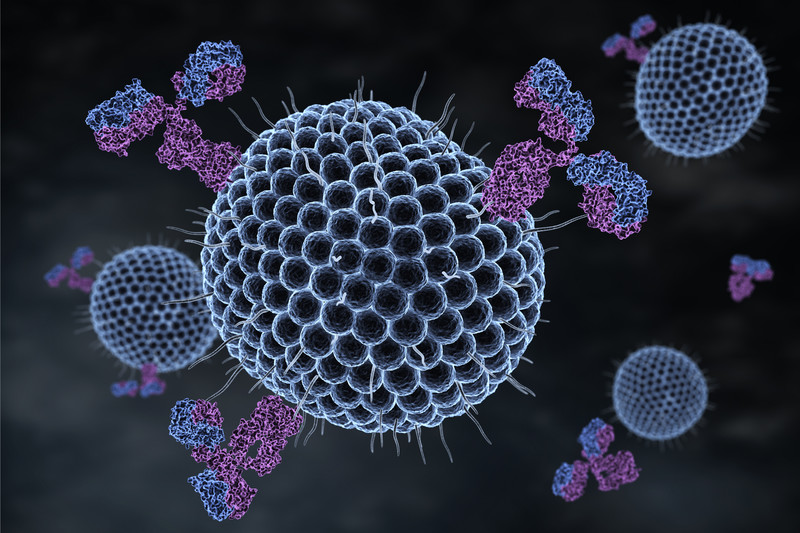
Along with the dendritic cell therapy, CHIPSA also introduced a whole tumor cell therapy called TL-Max. Made from a patient’s individual tumor, this style of lysed therapy is undergoing multiple FDA trials and is already showing great promise. A small piece of a patient’s tumor is taken out along with a blood draw. The laboratory then takes the material and trains the immune system through the blood work to recognize the tumor antigen. The material is then made into a drug that allows the immune system to recognize the tumor antigen, thus attacking the cancer cells in the body. Similar technology will likely be approved in the US in approximately 10 years, but CHIPSA is utilizing the treatment now.
NK-Max
Natural killer cells are currently a great point of interest in many U.S. cancer trials. Unfortunately, we are still several years away from NK-cell-based treatments being approved for use in the U.S. But CHIPSA is taking the technology from studies and turning it into a proprietary product that can support the patient’s immune system into destroying cancer cells. Their product is called NK-Max.
How does NK-Max work?
Natural Killer (NK) cells are the immune system’s first defense against disease and infection. NK cells have an amazing ability to seek out and destroy cancer cells. In the NK-Max therapy, doctors will take a small blood draw and use the patient’s own NK cells in the lab. Once the NK cells are trained and expanded, they are then given back to the patient with a large army of NK cells ready to fight cancer.
CHIPSA’s personalized NK cell therapy is designed to produce a powerful and consistent immune response against cancer. The goal is to maximize the effects of the NK Cell therapy by using it in combination with their whole body healing approach.
AP-Max
AP-Max peptide therapy has also been recently added to CHIPSA’s protocols. This drug takes two weeks to make and is derived from the patient’s own blood. Peptides are added to the blood and the immune system is primed to create the best possible immune response.
GM-CSF
CHIPSA also offers an FDA-approved immune stimulator called GM-CSF. This differs from G-CSF, as studies show G-CSF tolerates dendritic cells and GM-CSF does not. GMCSF is very difficult to get in the United States, and most oncologists are not familiar with the science, so it is rarely used.
A Whole Body Approach: How CHIPSA Uses Innovation & Nutrition
CHIPSA follows Dr. Polly Matzinger’s “danger model” in regard to treating cancer. This model shows that when cancer develops in the body, the immune system doesn’t recognize it as foreign so will not attack it. This means that in order for the body to destroy cancerous cells, a “danger signal” must be produced so that the cells become visible.
CHIPSA thus uses two cytotoxic agents. Both IPT and Apatone create a danger signal that alerts the immune system to the formation of cancer.
CHIPSA also uses immune-stimulating treatments that are only available at their hospital. These treatments include Coley’s CPG, DC-MAX, and AP-Max. Their aim is to cause damage to the cancer cell to maximize the use of their antigen-presenting cells (dendritic cells). When the antigen-presenting cell presents the last tumor antigen to the cytotoxic T cell, patients have the opportunity to gain a lasting remission due to the memory of the T cell.

CHIPSA also continues to use their foundational treatment, the Gerson method, in its enhanced form. Having hired a premium team of nutritionists this year, the hospital is more prepared than ever to maximize the potential of the Gerson healing diet. They have made adjustments to the treatment and now personalize the therapy for every patient.
Diet and detoxification are absolutely essential to the healing protocols at CHIPSA. Some patients have even had success using Gerson therapy as a standalone treatment. But CHIPSA views the therapy as “an amazing adjunct diet for cancer patients that supports the immune system and floods the body with phytochemicals and nutrients.”
Will CHIPSA’s approach be the future of cancer treatment?
CHIPSA’s unique and cutting-edge approach to treating cancer is earning more and more credence everyday. People are starting to acknowledge the power of the body’s powerful immune system to heal cancer with the proper tools and nutrition.
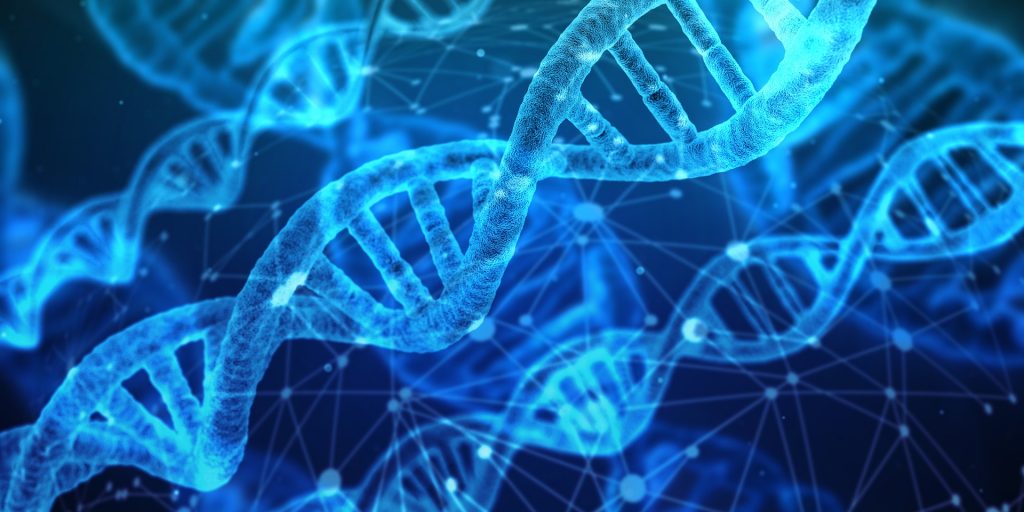
Over the past year, CHIPSA has seen just how powerful their location in Mexico can be. Their experience in Tijuana has been nothing but positive as they’ve worked tirelessly to bring their treatments to those in the U.S. CHIPSA believes now more than ever in the potential and promise that the country holds. “Building a bridge to one U.S. oncologist and a small group of scientists working on Apatone was a start,” they said, “but to make great gains, we knew we needed to form great alliances. We believe in a bigger vision. We aim to align our hospital in Mexico with some of the top scientists in the world, fast tracking research and embodying the very meaning of translational medicine.“





















